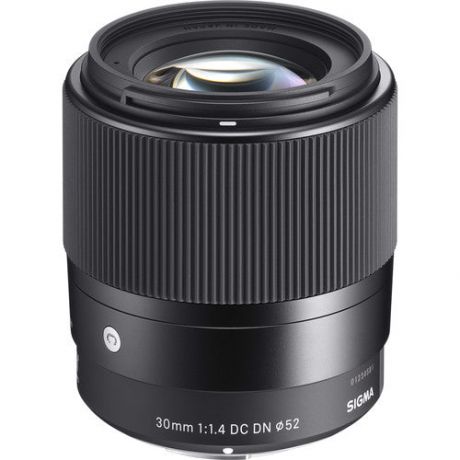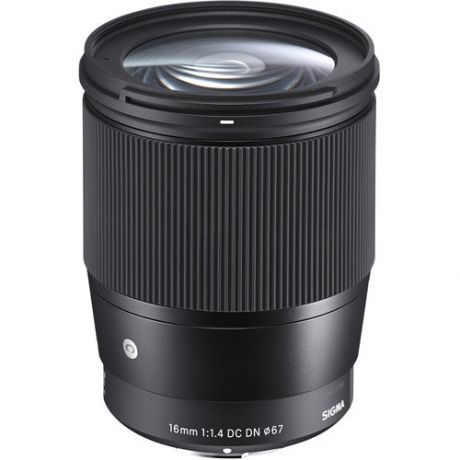Sigma 150600DGDNS 150-600mm f/5-6.3 DG DN Sports F/Sony, D95
While the focal length range of this lens immediately raises the eyebrows of wildlife and sports photographers, this lens is not limited to those uses. While photographers pursuing other subjects may not immediately recognize the usefulness of a 150-600mm zoom lens, many will quickly realize the value of what they are holding after they have it in their hands. And they will likely be surprised by how frequently their lens is set to 600mm. The Sigma 150-600mm OS Sports Lens’ eye-catching focal length range is complemented by a beautiful design, solid build quality and overall excellent functionality. Though rather large and heavy and though not inexpensive, the opportunities this lens gives the photographer definitely help justify the downsides.

Focal Length / Focal Length Range
The first criterion for lens selection is usually the focal length range needed. Having the 150mm portion of the focal length spectrum covered is a great asset of this lens, but for those only needing the wider angle range of this lens’ focal lengths, there are many other options available and some may be preferrable for one reason or another.
When the focal length needs extend beyond 400mm, the options quickly narrow and the prices ascend rapidly for most of those remaining. Until about 1 year prior to the Sigma 150-600 Sport lens’ initial availability, there were exactly zero major brand name DSLR zoom lenses that included 600mm in their focal length range (aside from the huge $7,999.00 Sigma 300-800mm f/5.6 EX DG APO IF HSM Autofocus Lens). The Tamron 150-600mm f/5-6.3 Di VC USD Lens changed the landscape and quickly became a very popular lens. While I was not overly impressed with the greater-than-500mm image quality from this lens, what it delivered over the rest of its focal length range was quite impressive and especially impressive for its price point.
The Sigma 150-600mm OS Sports Lens was the next to-600mm zoom lens to reach the streets and the Sigma 150-600mm f/5-6.3 DG OS HSM Contemporary Lens arrived soon after. Specifically in regard to focal length range, one 150-600mm lens has no advantage over another 150-600mm lens. Unless those numbers have been rounded significantly.
Using an unscientific methodology involving relating the distance measurement to a properly-framed ISO 12233 enhanced resolution chart relative to the Canon and Nikon 600mm prime lens framing distances, I estimated that the Tamron option came within 95% of the 600mm figure or roughly 570mm. The Sigma’s 600mm test chart framing measurement is slightly shorter than the Tamron’s (31.43′ vs. 32.23′ / 9581mm vs. 9825mm), bringing the rough focal length estimate down to 556mm or so. However, the Sigma has less pincushion distortion at 600mm and this distortion difference could easily be the reason for any difference in the test chart framing distances between these two lenses. Suffice to say that the Sigma’s 600mm is a very long focal length and it is sure to bring a smile to your face.
As implied by the opening sentence, there is a very good chance that wildlife and sports are your photographic pursuits if you are interested in the Sigma 150-600 Sports lens. While this lens has other very good uses, sports and wildlife frequently have subjects that are not more-closely approachable and longer focal lengths become a requirement instead of a luxury.
As suggested by the lens’ name, I used the 150-600mm Sports Lens for many spring sporting events I was covering in recent months. I was able to capture team award photos at 150mm and could capture distant track and field participants tightly framed as they crossed the finish line or jumped over their bars and hurdles while remaining far out of the way. I didn’t make an effort to get credentialed for one tightly controlled event and from outside of the waist-high track perimeter fence, a 150-600mm lens (the Contemporary version in this case) allowed me to frame the participants tighter than any of the credentialed photographers could from inside the fence with the lenses they had


















